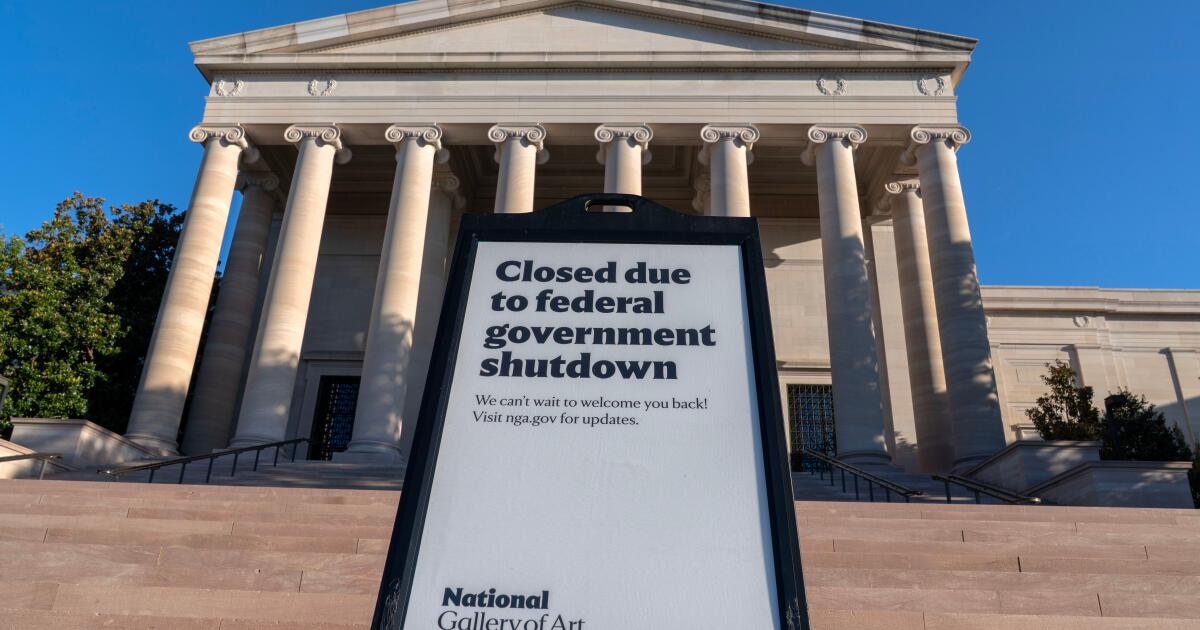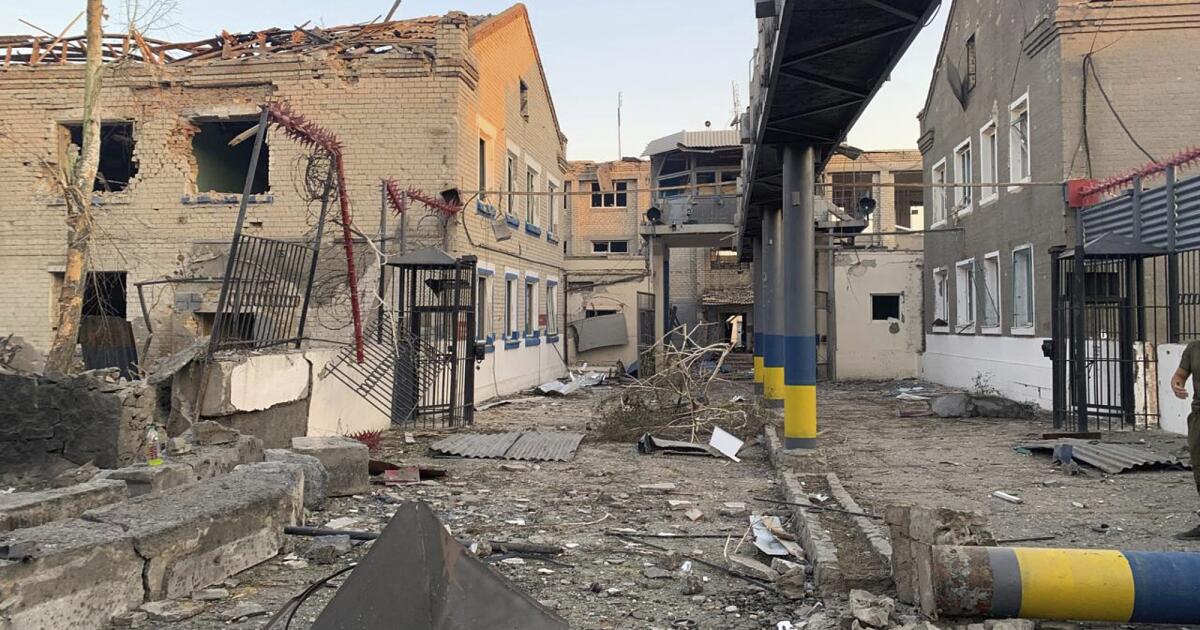With Trump threats on back pay, another blow to public servants
WASHINGTON — Sidelined by political appointees, targeted over deep state conspiracies and derided by the president, career public servants have grown used to life in Washington under a constant state of assault.
But President Trump’s latest threat, to withhold back pay due to workers furloughed by an ongoing government shutdown, is adding fresh uncertainty to the beleaguered workforce.
Whether federal workers will ultimately receive retroactive paychecks after the government reopens, Trump told reporters on Tuesday, “really depends on who you’re talking about.” The law requires federal employees receive their expected compensation in the event of a shutdown.
“For the most part, we’re going to take care of our people,” the president said, while adding: “There are some people that really don’t deserve to be taken care of, and we’ll take care of them in a different way.”
It is yet another peril facing public servants, who, according to Trump’s Office of Management and Budget director, Russ Vought, may also be the target of mass layoffs if the shutdown continues.
The government has been shut since Oct. 1, when Republican and Democratic lawmakers came to an impasse over whether to extend government funding at existing levels, or account for a significant increase in healthcare premiums facing millions of Americans at the start of next year.
White House officials say that, on the one hand, Democrats are to blame for extending a shutdown that will give the administration no other choice but to initiate firings of agency employees working on “nonessential” projects. On the other hand, the president has referred to the moment as an opportunity to root out Democrats working in career roles throughout the federal system.
Legal scholars and public policy experts have roundly dismissed Trump’s latest efforts — both to use the shutdown as a predicate to cut the workforce, and to withhold back pay — as plainly illegal.
And Democrats in Congress, who continue to vote against reopening the government, are counting on them being right, hoping that courts will reject the administration’s moves while they attempt to secure an extension of healthcare tax credits in the shutdown negotiations.
If the experts are wrong, thousands of government workers could face a profound cost.
“Senior leaders of the Trump administration promised to put federal employees in trauma, and they certainly seem intent on keeping that promise,” said Don Moynihan, a professor at the University of Michigan’s Ford School of Public Policy.
“According to a law that Trump himself has signed, furloughed employees are entitled to back pay,” Moynihan said. “There is no real ambiguity about this, and the idea only some employees in agencies that Trump likes would receive back pay is an illegal abuse of presidential power.”
A day after the shutdown began, Trump wrote on social media that he planned on meeting with Vought, “of Project 2025 fame,” to discuss what he called the “unprecedented opportunity” of making “permanent” cuts to agencies during the ongoing funding lapse.
A lawsuit brought in California against Vought and the OMB, by a coalition of labor unions representing over 2 million federal workers, is challenging the premise of that claim, arguing the government is “deviating from historic practice and violating applicable laws” by using government employees “as a pawn in congressional deliberations.” But whether courts can or will stop the effort is unclear.
Sen. John Thune, the majority leader and a Republican from South Dakota, said last week that Democrats should have known the risk they were running by “shutting down the government and handing the keys to Russ Vought.”
“We don’t control what he’s going to do,” he told Politico.
The White House has sent mixed messages on its willingness to negotiate with Democrats since the shutdown began. Within a matter of hours earlier this week, the president’s press secretary, Karoline Leavitt, told reporters that there was nothing to negotiate, before Trump said that dialogue had opened with Democratic leadership over a potential agreement on healthcare.
Donald Kettl, professor emeritus and former dean at the University of Maryland School of Public Policy, taught and trained prospective public servants for 45 years.
“What is happening is profoundly discouraging for young students seeking careers in the federal public service,” he said. “Many of the students are going to state and local governments, nonprofits, and think tanks, but increasingly don’t see the federal government as a place where they can make a difference or make a career.”
“All of us depend on the government, and the government depends on a pipeline of skilled workers,” Kettl added. “The administration’s efforts have blown up the pipeline, and the costs will continue for years — probably decades — to come.”

